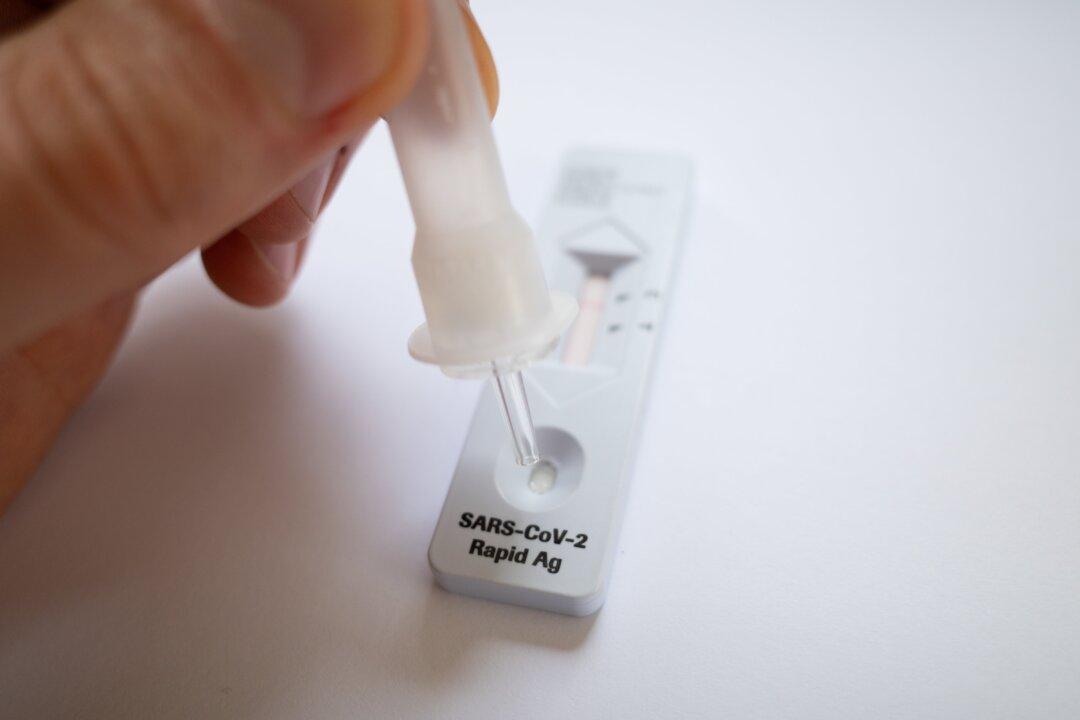The New Zealand government has decided to keep its current COVID-19 restrictions for mandatory seven-day isolation and mask-wearing in health settings for at least another two months.
Prime Minister Chris Hipkins said that while the country will eventually reach a point of removing all COVID-19 restrictions, isolation rules currently helped to relieve pressure on the health system.





